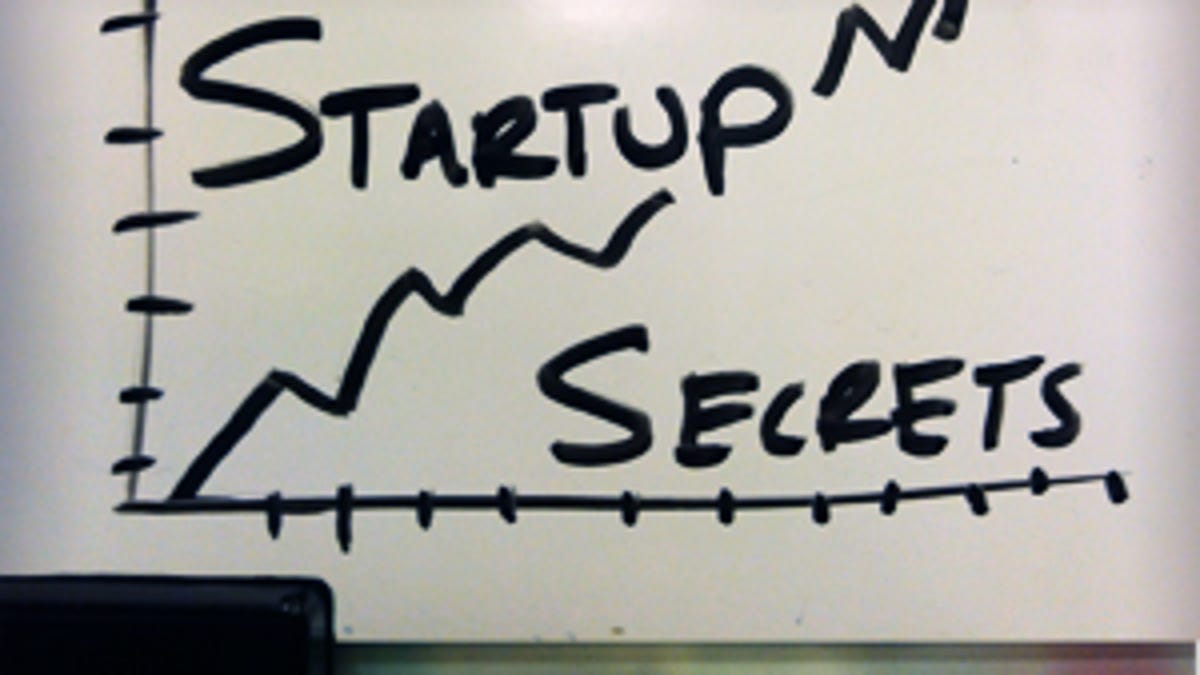 Why You Can Trust CNET
Why You Can Trust CNET Startup Secret No. 29: Who's your Robin?
You need help. As in, a co-founder. Not to buttress your skills, but to set up a company culture that's more open to the exchange of ideas.

--Steve Jurvetson, Managing Director, Draper Fisher Jurvetson
Jobs and Woz. Yang and Filo. Elison and Miner. Strong companies often have not just one founder, but a pair of them. And they're usually very different.
Steve Jurvetson says it's not just that two people can compliment each other's skillsets. He says the bigger gain is that having two different people at the top of a company sets up a culture of diversity and (usually) respect that pervades the entire business.
If you care about the evolution of your business, this is worth meditating on. A single founder at a company can set you up with a monoculture, which can be incredibly strong at the start but become weak when it's necessary to adapt, since individuals by nature resist change. A culture based on equality of ideas and respect for other people can mutate and adapt more effectively.
Even Apple, which was driven by a business despot, was based on a culture of respect for the new idea. Jobs didn't design the MacBook Air himself. And every year, according to a new book by Adam Lashinsky, Apple would spirit 100 workers away to argue about products and direction.
In talking about the idea of the founding duo, Steve went on to reinforce the need to look at your business' processes more than its products. As a leader, it's more important that you build an operation out of effective people and communication than it is that you yourself design one perfect product at the start. Because, really, there's no such thing. The trick is adapting more quickly than the competition to changes in markets, technology, culture, available personnel, and so on. It is very hard to do that alone.
On the other hand, RIM had the ultimate in top-level teamwork: A shared CEO title. Why that didn't work, where other executive team-ups do, I leave as an exercise for the reader.
Startup Secrets is based on personal interviews with people building companies and from their blog posts and news stories. Subscribe to Startup Secrets on Twitter or come back to Rafe's Radar every day for a new one. See all the Startup Secrets.

